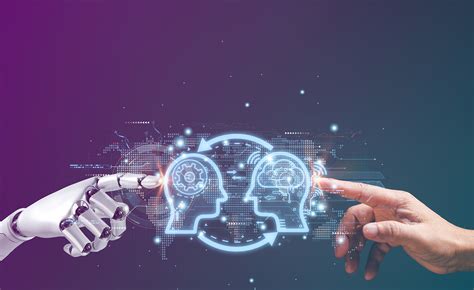Auctions have been a cornerstone of various industries, including art, real estate, and collectibles, for centuries. However, the traditional auction model has its limitations, such as geographical constraints, limited transparency, and inefficient processes. The advent of auction technology has transformed the industry, enabling a more accessible, efficient, and transparent experience for bidders, sellers, and auctioneers alike. In this article, we'll explore five ways auction tech is revolutionizing the industry.
1. Online Bidding Platforms

One of the most significant impacts of auction technology is the rise of online bidding platforms. These platforms allow bidders to participate in auctions remotely, eliminating geographical constraints and increasing accessibility. Online bidding platforms also provide a more comfortable and convenient experience for bidders, who can participate in auctions from anywhere in the world, at any time.
Online bidding platforms have also made it easier for auctioneers to manage the bidding process, track bids, and communicate with bidders. This has reduced the risk of errors, increased transparency, and improved the overall efficiency of the auction process.
Benefits of Online Bidding Platforms
- Increased accessibility for bidders
- Improved efficiency for auctioneers
- Enhanced transparency and reduced risk of errors
- Convenience and comfort for bidders
2. Artificial Intelligence (AI) in Auctions

Artificial intelligence (AI) is being increasingly used in auctions to improve the bidding process, analyze data, and predict market trends. AI-powered algorithms can analyze vast amounts of data, identify patterns, and make predictions about market trends, allowing auctioneers to make more informed decisions.
AI can also be used to automate tasks, such as data entry, bid tracking, and communication with bidders. This has reduced the workload for auctioneers, allowing them to focus on more strategic tasks, such as marketing and sales.
Benefits of AI in Auctions
- Improved data analysis and market trend prediction
- Automated tasks and reduced workload for auctioneers
- Enhanced decision-making for auctioneers
- Personalized experiences for bidders
3. Blockchain Technology in Auctions

Blockchain technology is being used in auctions to increase transparency, security, and efficiency. Blockchain is a decentralized, digital ledger that records transactions and data in a secure and transparent manner.
In auctions, blockchain technology can be used to create a transparent and tamper-proof record of bids, sales, and ownership. This can reduce the risk of fraud, increase trust among bidders, and provide a secure and efficient way to transfer ownership.
Benefits of Blockchain Technology in Auctions
- Increased transparency and security
- Tamper-proof record of bids, sales, and ownership
- Reduced risk of fraud and increased trust among bidders
- Efficient and secure transfer of ownership
4. Virtual and Augmented Reality in Auctions

Virtual and augmented reality (VR/AR) technologies are being used in auctions to create immersive and interactive experiences for bidders. VR/AR can be used to showcase items in a more engaging and detailed manner, allowing bidders to inspect and interact with items remotely.
VR/AR can also be used to create virtual auction rooms, allowing bidders to participate in auctions remotely and interact with auctioneers and other bidders in real-time.
Benefits of VR/AR in Auctions
- Immersive and interactive experiences for bidders
- Remote inspection and interaction with items
- Virtual auction rooms and real-time interaction with auctioneers and bidders
- Increased accessibility and convenience for bidders
5. Data Analytics in Auctions

Data analytics is being used in auctions to analyze bidding behavior, predict market trends, and optimize auction strategies. Data analytics can help auctioneers identify patterns and trends in bidding behavior, allowing them to adjust their strategies and improve results.
Data analytics can also be used to provide bidders with insights and recommendations, helping them make more informed decisions and increasing their chances of success.
Benefits of Data Analytics in Auctions
- Analysis of bidding behavior and prediction of market trends
- Optimization of auction strategies and improved results
- Insights and recommendations for bidders
- Increased transparency and trust among bidders






What is auction technology?
+Auction technology refers to the use of digital platforms, software, and tools to facilitate and enhance the auction process.
How does auction technology benefit bidders?
+Auction technology benefits bidders by providing a more accessible, convenient, and transparent experience. It also allows bidders to participate in auctions remotely and interact with auctioneers and other bidders in real-time.
What is the future of auction technology?
+The future of auction technology is expected to be shaped by emerging technologies such as artificial intelligence, blockchain, and virtual reality. These technologies will continue to enhance the auction experience, increase transparency and security, and provide new opportunities for bidders and auctioneers.
In conclusion, auction technology is revolutionizing the industry by providing a more accessible, efficient, and transparent experience for bidders, sellers, and auctioneers. From online bidding platforms to blockchain technology, data analytics, and virtual reality, auction tech is transforming the way auctions are conducted and experienced. As the industry continues to evolve, we can expect to see even more innovative solutions and applications of technology in auctions.
